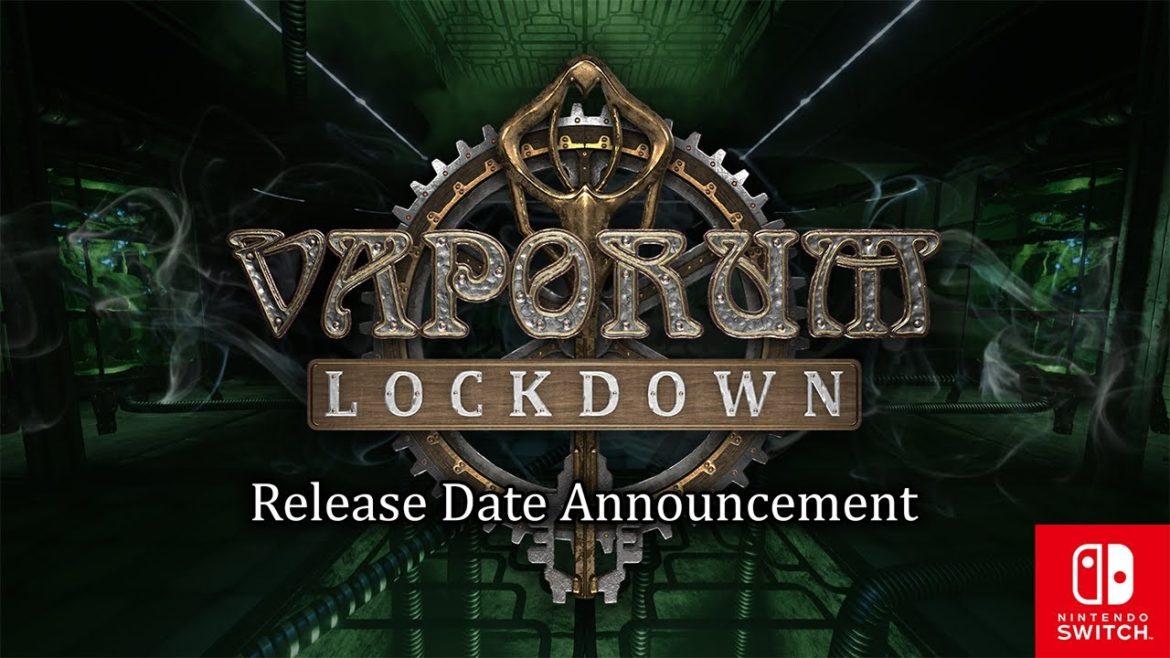TL;DR
Vaporum: Lockdown is a dungeon-crawling RPG prequel that traps you in a mysterious underworld, requiring you to fight enemies and solve puzzles to escape. While it boasts a deep, atmospheric world with good graphics and voice acting, its retro grid-based movement system, a relic of older technology, feels restrictive and potentially outdated in a modern context. It offers a solid experience, especially on the Switch, but the clunky movement might deter some players. Curious if this unique movement system is a charming throwback or a frustrating limitation? Dive into the full review to decide!
Vaporum: Lockdown serves as a prequel to Vaporum, which debuted in 2017. Players find themselves trapped in an underworld environment, tasked with escaping its confines. Numerous enemies and intricate puzzles impede progress. The game blends dungeon crawling with role-playing elements, emphasizing exploration, loot acquisition, and character development.
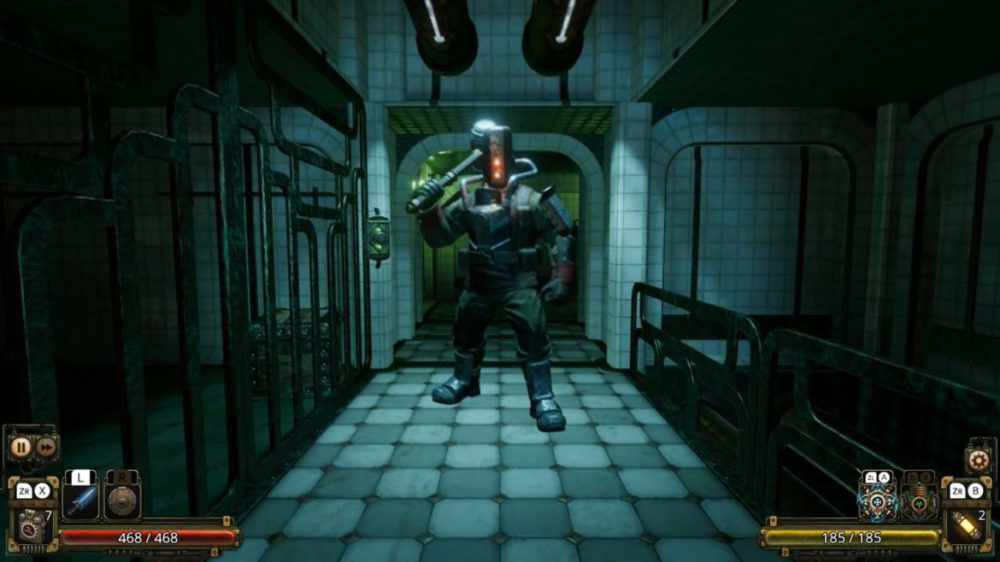
At first glance, Vaporum: Lockdown appears similar to many other games in its genre. However, the grid-based movement system distinguishes it. Unlike standard FPS (First Person Shooter) titles, movement is restricted to a grid pattern, preventing diagonal traversal and limiting movement to discrete sections. This mechanic introduces a retro element to Vaporum: Lockdown. However, this design choice may not translate effectively to a modern gaming experience. Historically, grid-based movement was implemented as a workaround for technological limitations. While some retro features are best left to history, the efficacy of this particular mechanic in a contemporary context is debatable.
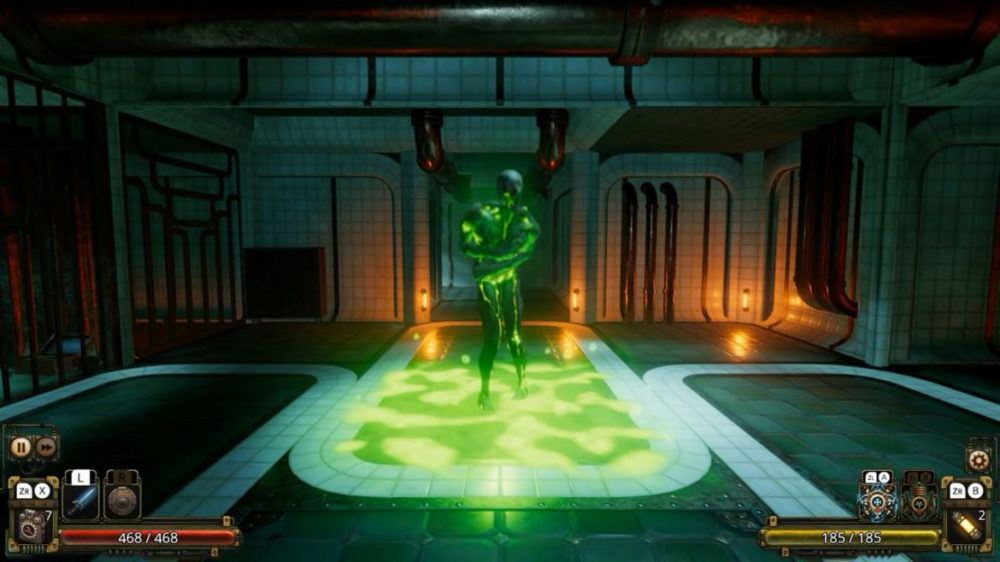
Having played numerous games with similar mechanics decades ago, the appeal of grid-based exploration has diminished. In a modern game, this feels less compelling. The primary issue is that the limitations imposed by the grid system do not necessarily enhance the challenge. Games such as Darq demonstrate more effective implementations of limitations, leveraging 3D space to their advantage.
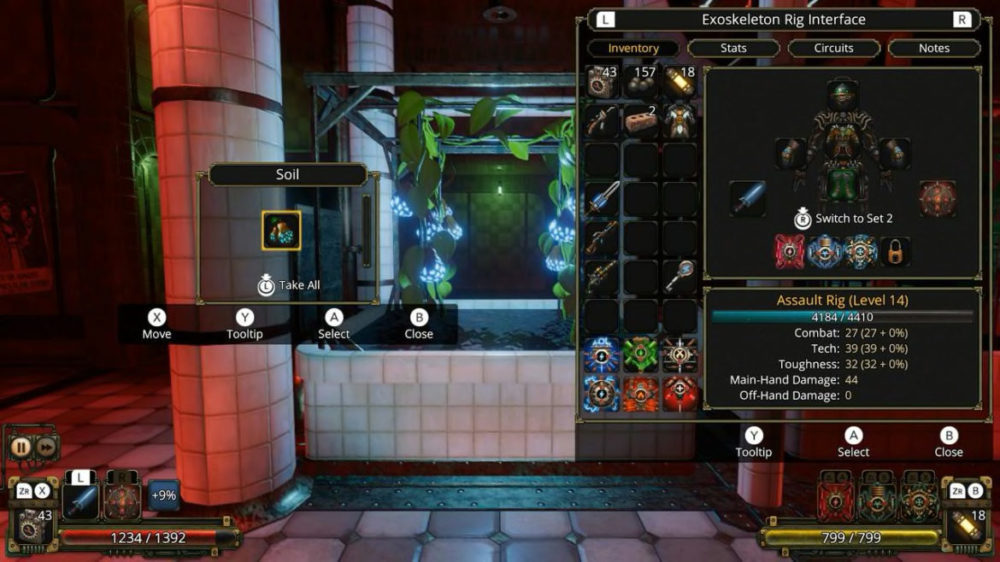
Regardless of preferences regarding the movement system, Vaporum: Lockdown offers a substantial and intricate game world suitable for extended exploration. The graphics are well-rendered, and the atmosphere is appropriately tense. The majority of characters feature voice acting, contributing to a polished overall presentation. The game is well-suited for the Switch platform, offering portability without compromising graphical fidelity or readability on the smaller screen.
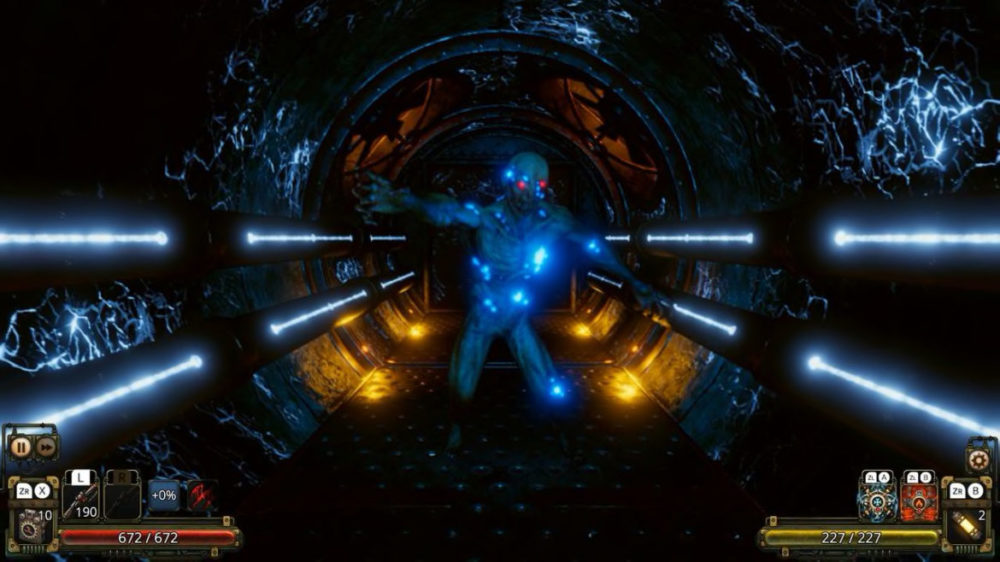
The restrictive movement, reminiscent of older titles, proved to be a significant drawback. The inability to freely turn and navigate feels more frustrating than nostalgic. However, given the game’s overall quality and depth, it still earns a positive rating, though it stops short of a full recommendation.
